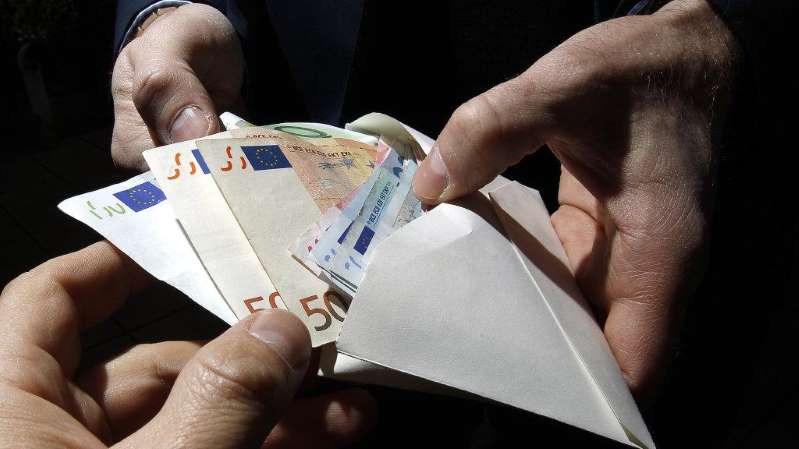“Unsatisfactory” implementation of four-year-old recommendations to MPs, judges and prosecutors. No code of conduct for MPs.

Austria more and more corrupt
The Council of Europe's Anti-Corruption Group (GRECO) has reprimanded Austria for the “unsatisfactory” implementation of recommendations in the field of legislation and justice.
Only two of 19 recommendations from 2016 were implemented in a satisfactory manner, according to a report published by the expert group on Monday. Austria must therefore submit a further progress report by the end of September at the latest.
The recommendations concern measures against corruption among MPs, judges and prosecutors. Austria had justified the slow implementation of the GRECO recommendations with the turbulence of the Ibiza crisis and the new elections. However, the recommendations had already been adopted by the expert group in October 2016.
It looks particularly bad in the legislative area, where, according to GRECO, there is “a constant lack of progress” which the group of experts “regrets”.
Specifically, for example, secure rules for review procedures, but also the resolution of a code of conduct for members of parliament, are required in order to address all kinds of conflicts of interest. In the Austrian parliament, for example, there are still no internal rules regarding the acceptance, evaluation and disclosure of gifts, hospitality or other benefits.
In the case of judges and prosecutors, many measures have been initiated but not yet completed. But there is progress, it said, with reference to new provisions that prohibit judges and prosecutors from holding offices in government or parliament.
Another “important achievement” is the resolution of a code of conduct for judges and public prosecutors. However, it should be ensured that compliance with the rules is effectively monitored. Furthermore, more systematic training in the areas of corruption prevention and integrity is required.
The selection process for judges is criticized by the experts. For example, the decision as to who is accepted as a candidate for a judge's office lies “in the hands of a single person, namely the president of the relevant higher regional court”. Furthermore, there was no progress in the admissions process for administrative judges, which was “a cause for concern”.
The working group was set up by the Council of Europe in 1999 to support the member states in the fight against corruption. GRECO relies on “pressure exertion by colleagues”, an evaluation process operated by other member states. GRECO representatives from Russia and Liechtenstein wrote the report on Austria.

